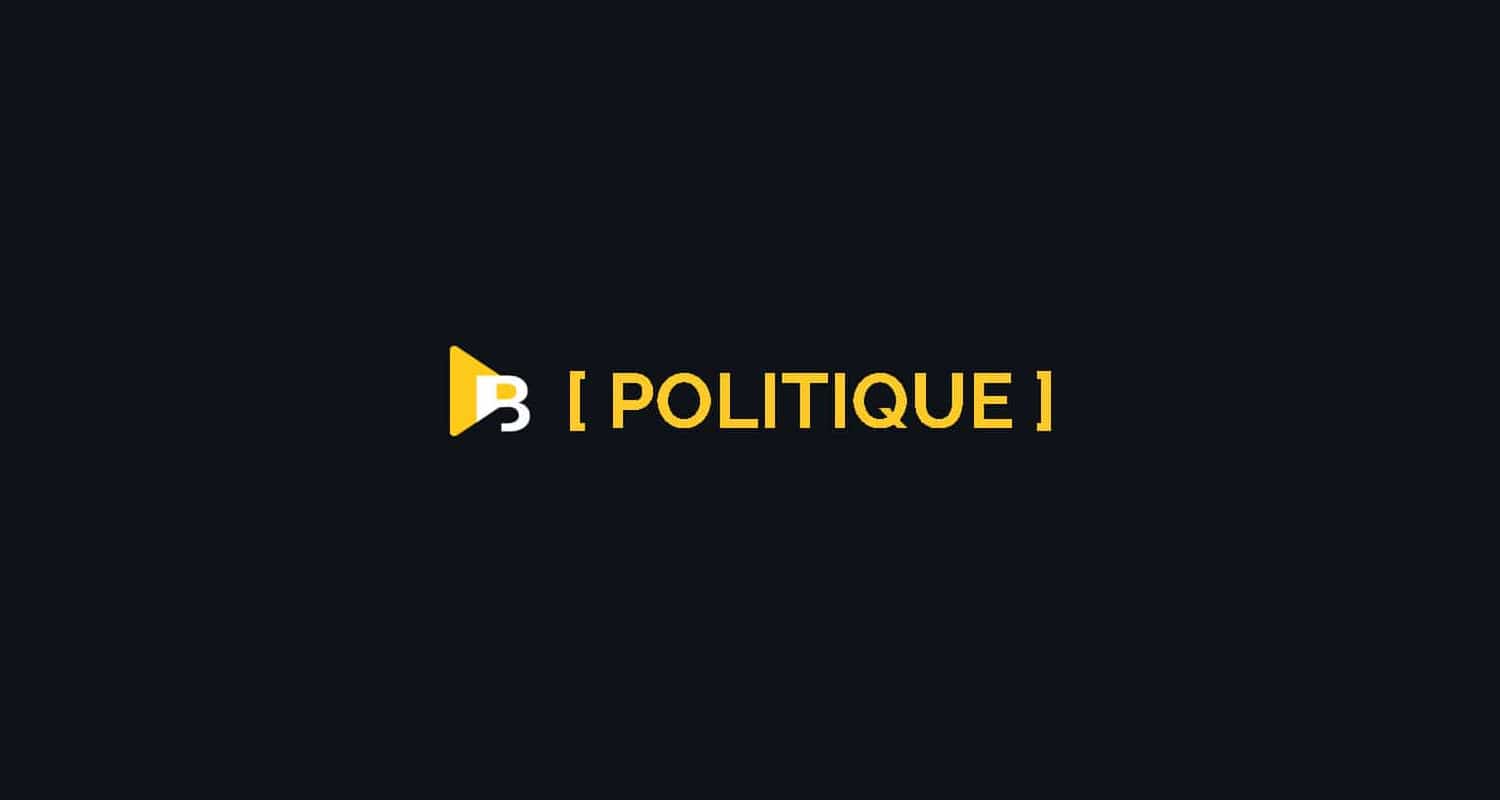Senegal: national dialogue launches to overhaul political system
On May 28, 2025, Senegal took a significant step in its democratic journey with the opening of a national dialogue set to run until June 4. The goal: to fundamentally rethink the country’s political system and address key institutional challenges.

SUMMARY
At the heart of the agenda are proposals to reform the electoral system, enhance transparency in political party financing, expand voting rights—particularly for incarcerated individuals—and reduce the number of political parties, which many view as excessive.
Organized under the central theme of political system reform, the dialogue brings together a diverse array of participants, including government representatives, civil society leaders, religious figures, academics, and political parties.
For Moundiaye Cissé, executive director of the NGO 3D, the initiative is commendable but weakened by the absence of major political players. The boycott by the Alliance for the Republic (APR), the former ruling party of ex-president Macky Sall, and figures such as Aïssata Tall Sall and Thierno Alassane Sall, undermines the dialogue’s inclusiveness.
Those absent argue that the priorities are misplaced, claiming that the country’s real issues—such as unemployment, economic growth, and social justice—are being sidelined.
Concrete proposals on the table
Despite the criticism, more than 30 civil society organizations have submitted structured proposals. These include streamlining the party system, improving electoral governance, and adopting measures to strengthen participatory democracy.
The dialogue comes at a delicate moment in Senegal’s democratic transition—one marked by efforts to clean up institutions and by persistent political divisions. The national conversation unfolds against a backdrop of heightened tension, with judicial investigations targeting former regime officials, fueling concerns over political manipulation.
For many observers, the success of the dialogue will depend not only on the relevance of the recommendations but also on their implementation, carried out in a spirit of reconciliation and renewed trust between institutions and citizens.


Comments